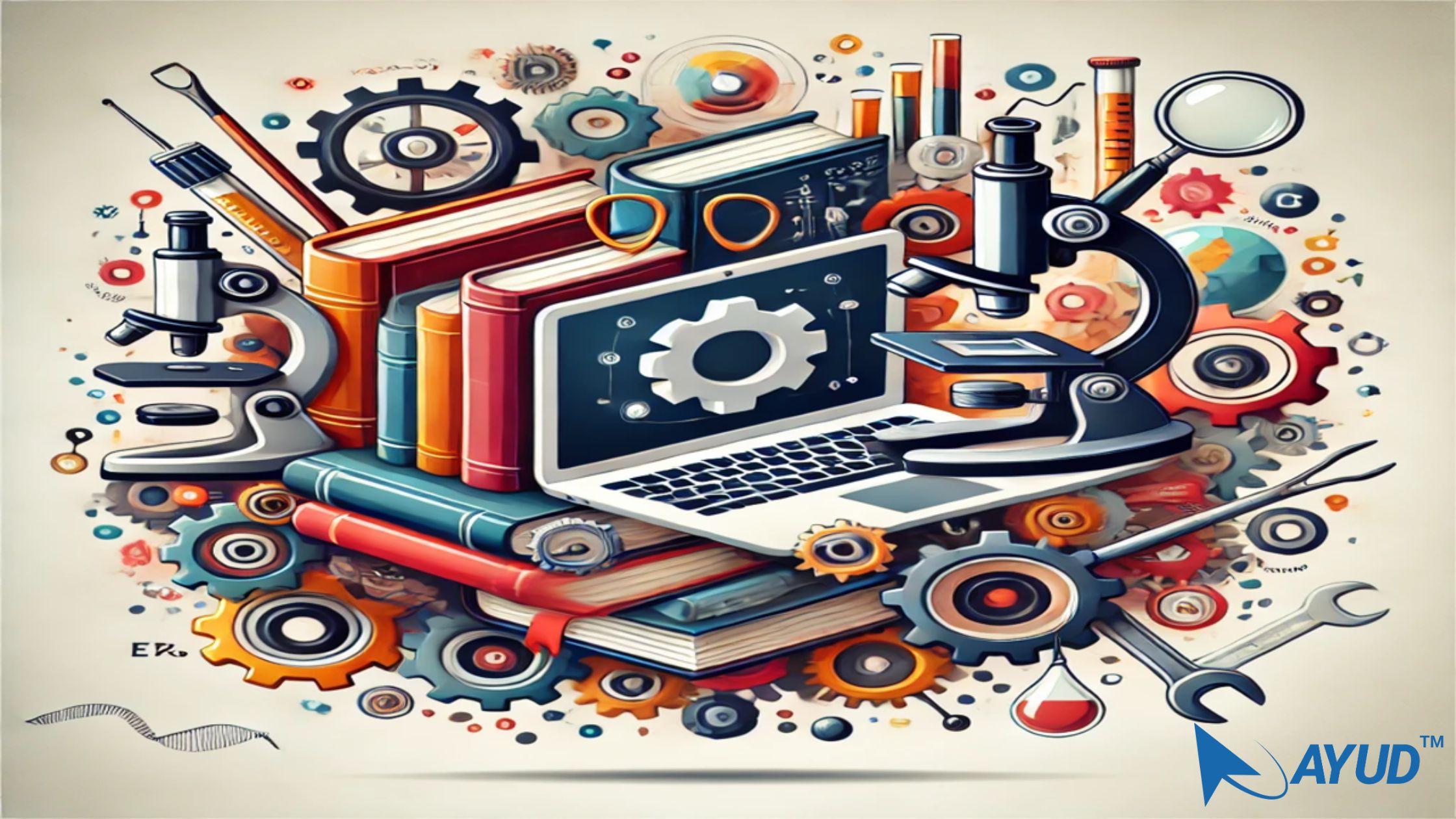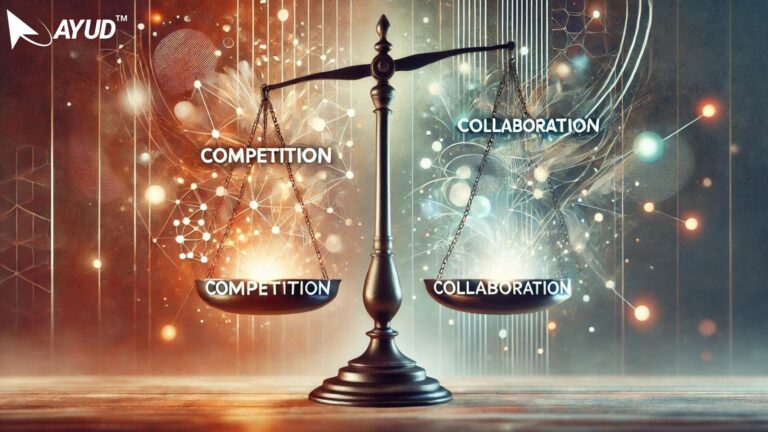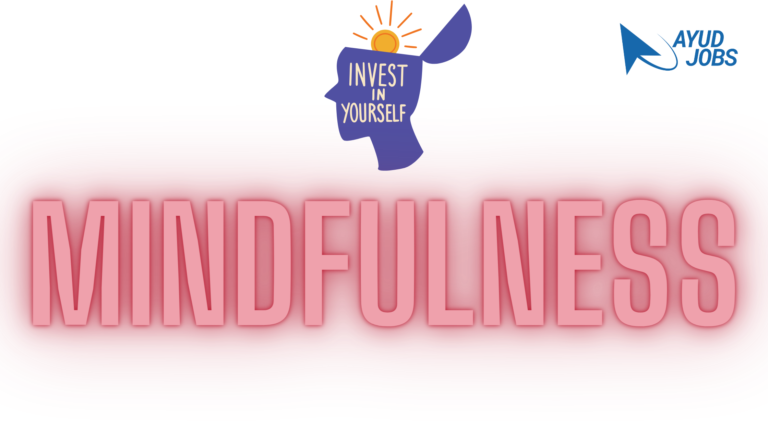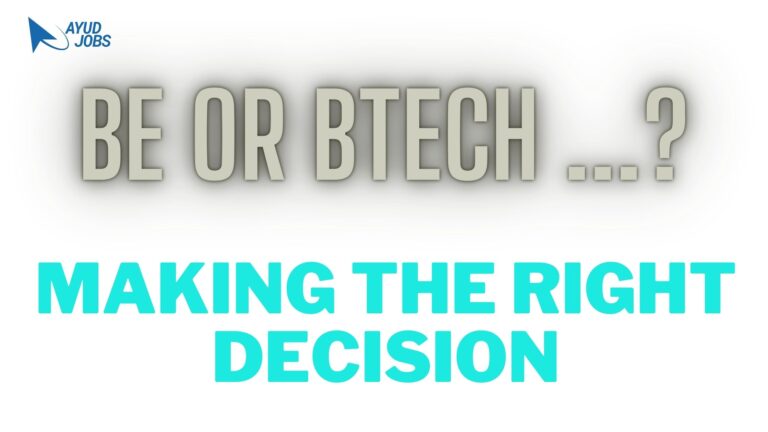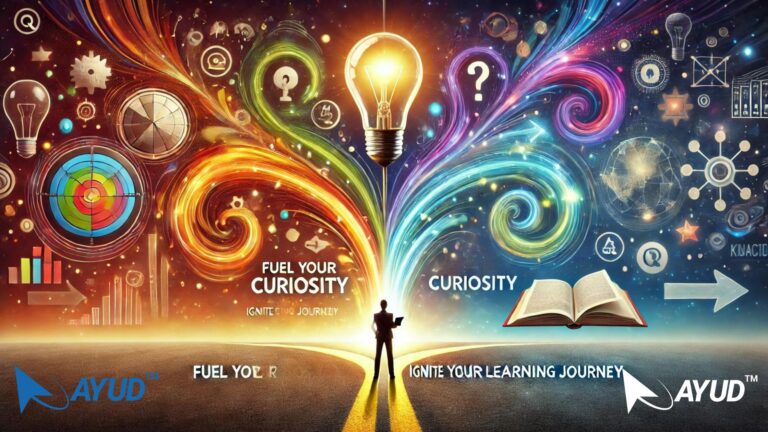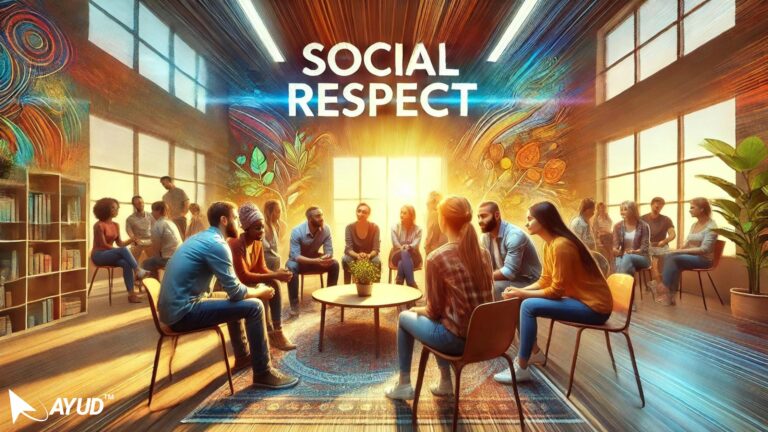Knowledge vs. Education Understanding Their Impact on Life
Introduction
Is there a difference between knowledge and education? Many people think of them as the same, but they aren’t. While education is a structured process, knowledge is the result of learning—both formally and informally. Understanding their roles and differences can help us make better decisions in life.
Knowledge vs. Education Understanding Their Impact on Life. In this blog, we’ll explore these concepts in simple terms. By the end, you’ll know how to use knowledge and education to transform your life.
What is Knowledge?
Knowledge is the information, skills, and understanding you gain through experience, reading, or observation. It doesn’t always require formal schooling. It’s what you know and can apply in real life.
Example of Knowledge in Daily Life
Imagine you’ve learned how to cook by watching videos or experimenting in your kitchen. That’s knowledge. You didn’t attend a culinary school, but you know how to make delicious meals.
Real-Life Story: Self-Taught Success
Take Elon Musk, for example. He taught himself coding at the age of 12. He didn’t rely solely on formal education to learn about rockets or electric vehicles. He acquired knowledge by reading and experimenting, eventually creating groundbreaking companies like Tesla and SpaceX.
Key takeaway: Knowledge is practical. It comes from curiosity and a desire to learn.
What is Education?
Education is the structured process of learning in schools, colleges, or universities. It involves a curriculum, teachers, and assessments to measure your progress. Education builds a foundation for specialized skills and qualifications.
The Role of Education in Society
Education empowers individuals. It helps you understand complex subjects, think critically, and qualify for professional jobs. For example, becoming a doctor requires years of formal education.
Real-Life Example: Leveraging Education
Dr. APJ Abdul Kalam, the former President of India, was an inspiring figure. His formal education in aerospace engineering led him to contribute significantly to India’s space program. His story shows how education can open doors to remarkable achievements.
Key takeaway: Education gives you tools to navigate specialized fields.
Key Differences Between Knowledge and Education
| Aspect | Knowledge | Education |
| Source | Experience, observation, self-study | Schools, colleges, formal systems |
| Application | Practical and everyday use | Theoretical and professional use |
| Flexibility | Unlimited and self-paced | Structured and time-bound |
| Certification | No formal proof | Diplomas, degrees, certificates |
Think of it like this: knowledge is the fuel, and education is the engine. Both are needed to move forward.
The Importance of Both in Life
Why Do They Complement Each Other?
Education without knowledge is theoretical. Knowledge without education may lack depth. Together, they create well-rounded individuals.
For example:
A software developer uses education to understand programming languages.
They use knowledge to solve real-world coding problems.
Finding the Balance
Learn from books and classes (education).
Experiment and apply what you learn (knowledge).
Key takeaway: Combine learning with doing.
Knowledge Without Education
Not everyone has access to formal education, but knowledge is free for anyone willing to seek it.
Self-Learning Stories
Steve Jobs: He didn’t complete college but gained knowledge about design and technology through passion and experimentation.
Maya Angelou: Her lack of formal education didn’t stop her from becoming one of the most celebrated writers.
How to Gain Knowledge Informally
Read: Books, articles, and online content.
Observe: Learn from people and surroundings.
Experiment: Apply what you learn to real situations.
Stay Curious: Ask questions and seek answers.
Key takeaway: Knowledge is available to everyone with curiosity and effort.
Education Without Knowledge
Education alone may not always prepare you for real-life challenges. For instance, a graduate with a degree in business might struggle to run a company without practical knowledge.
Bridging the Gap
Internships: Gain hands-on experience.
Mentorship: Learn from experienced professionals.
Lifelong Learning: Keep updating your knowledge even after formal education.
Key takeaway: Education needs real-world context to be effective.
Real-Life Story: The Blend of Knowledge and Education
Meet Sudha Murthy, an author, philanthropist, and engineer. Her formal education in engineering gave her technical expertise. Her knowledge of social issues, gained through experience, inspired her impactful work with the Infosys Foundation. Her life shows how combining education and knowledge can create meaningful change.
How to Cultivate Knowledge and Education Together
Set Goals: Know why you’re learning.
Use Resources: Combine books, online courses, and practical experience.
Stay Open-Minded: Embrace both formal education and informal learning.
Practice Reflection: Think about what you’ve learned and how to apply it.
Never Stop Learning: Education ends, but knowledge is lifelong.
Key takeaway: Lifelong learning is the secret to success.
Conclusion
Knowledge and education aren’t competitors; they’re partners. Education builds your foundation, while knowledge helps you navigate the real world. Together, they can help you achieve your goals and make a difference. Knowledge vs. Education Understanding Their Impact on Life.
Start small. Pick up a book, enroll in a course, or try something new today. Remember, the journey to wisdom begins with a single step.
#KnowledgeIsPower #EducationMatters #LifelongLearning #SelfEducation #KnowledgeVsEducation #StayCurious #LearnAndGrow #ayud #ayudjobs #askayud #MultiLanguageSupport #ResumeBuilder #gotestit #ayudian #ayudblog #ayudcareer #edutech
How to Use Ayud : A Comprehensive Guide
Join our what’s app channel for timely updates
Click here to install Ayud Jobs App from Playstore
Social Respect Understanding Its Importance in Everyday Life
The Power of Self-Study How to Learn Effectively on Your Own

